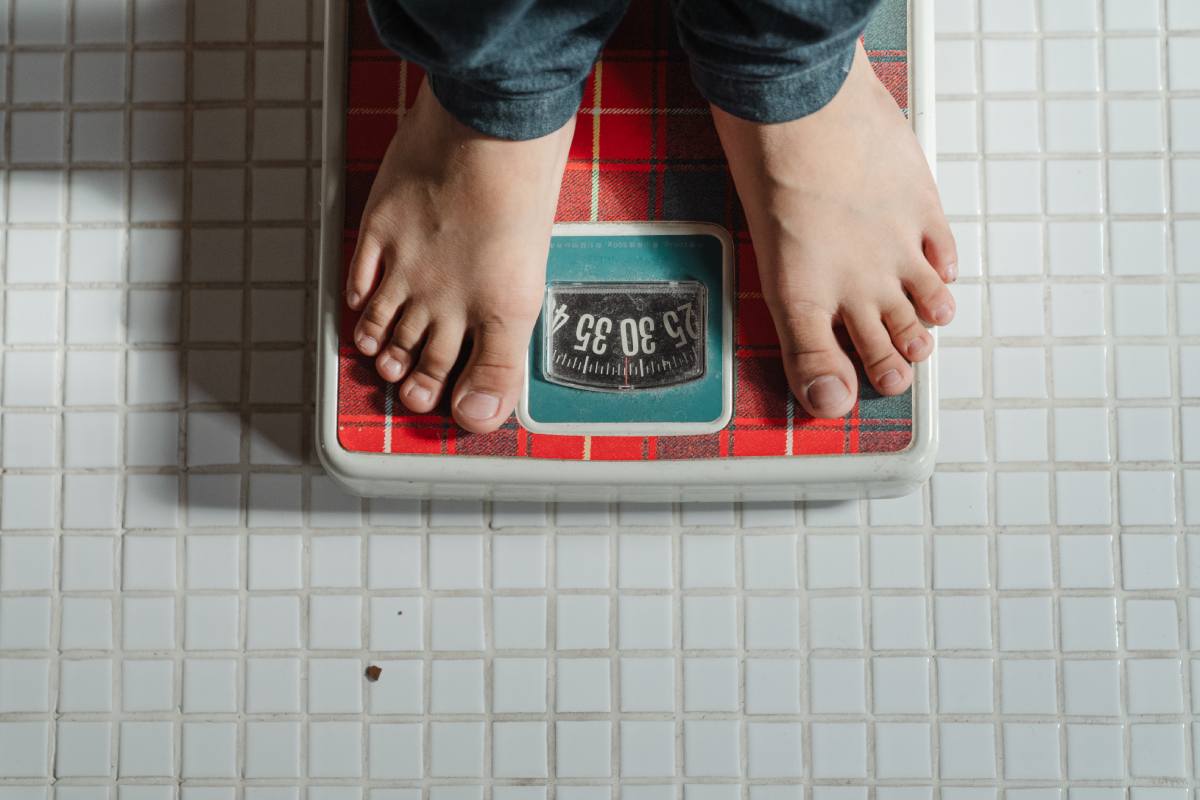Hypothyroidism, or an underactive thyroid, is a condition that may interfere with your thyroid gland’s ability to produce crucial hormones that your body needs. Mayo Clinic explains that hypothyroidism may contribute to health problems such as weight gain, fatigue, and muscle and joint pains.
The compounding effects of these symptoms might make it challenging to maintain or lose weight, as it inhibits your ability to exercise properly. Fortunately, making healthy adjustments to your lifestyle can help you manage your weight better. Here’s what you can do.
Incentivize the weight loss journey
Those with hypothyroidism are advised to avoid certain foods, like soy food, certain vegetables, fruits, and nuts that contain goitrogens. Goitrogens are compounds that interfere with the thyroid gland’s functions, so you should limit your intake of food with these substances in them. However, this doesn’t mean that you should eliminate them from your diet altogether, as they can be safe in moderation, and you can inactivate these compounds when you cook them. Instead, they can be leveraged to boost your health goals.
WeightWatchers recommends incentivizing your weight loss plan by rewarding yourself with your favorite meals in moderation once you reach certain daily exercise, food, or sleep goals. This way, instead of adhering to a restrictive mind frame, you are instead occupying a more positive reward-based headspace. You can do this by customizing your diet to be rewarding by going for healthy food that you love and that are appropriate for your condition.
Incorporate physical activity into your day
Most weight loss plans aren’t complete unless you’ve incorporated a detailed exercise plan. However, the most effective weight loss journeys are the ones that have been personalized to take your circumstances and obstacles into account. When you’re fatigued by a condition like hypothyroidism, exercising, even in moderation, can help aid your body weight progress.
Although fatigue might wear you down, adding even just a little physical activity can help boost your energy and get better quality sleep. If you’re adamant about incorporating physical activity into your daily routine, then you can start in moderation with 10 minutes of light aerobic exercise like brisk walking or running in intervals. Eventually, your body will get used to the effort, and you can progress towards longer durations and even incorporate some strength training to further your weight loss.
Get enough sleep
When people talk about weight loss, they often mention diet and exercise, but a lot tend to leave out the benefits of good sleep. Sleep can boost your immune system, strengthen your heart, and improve your cognitive regular performance. It can also help you regulate blood sugar, making you less likely to get type 2 diabetes, which our post ‘Manage Diabetes Naturally’ explains may open you up to further health problems, like eye diseases or nerve damage. Beyond these benefits, sleep can also aid significantly in keeping your weight down.
The Sleep Foundation states that sleep can aid weight loss by lowering your food intake, regulating your appetite, and enabling you to engage in further physical activity by boosting your energy. These benefits are particularly important for those with hypothyroidism who might find it difficult to maintain their energy levels when exercising. For this reason, getting the ideal 6 hours of sleep can be the perfect supplement for your weight loss journey.
Hypothyroidism can make it more challenging to maintain your weight, but small adjustments to your lifestyle can make a world of difference for you. By developing a healthier relationship with diet, exercise, and sleep, you can manage your weight better.
For more information on managing health, you can stay updated with us at the Allure Blog!

